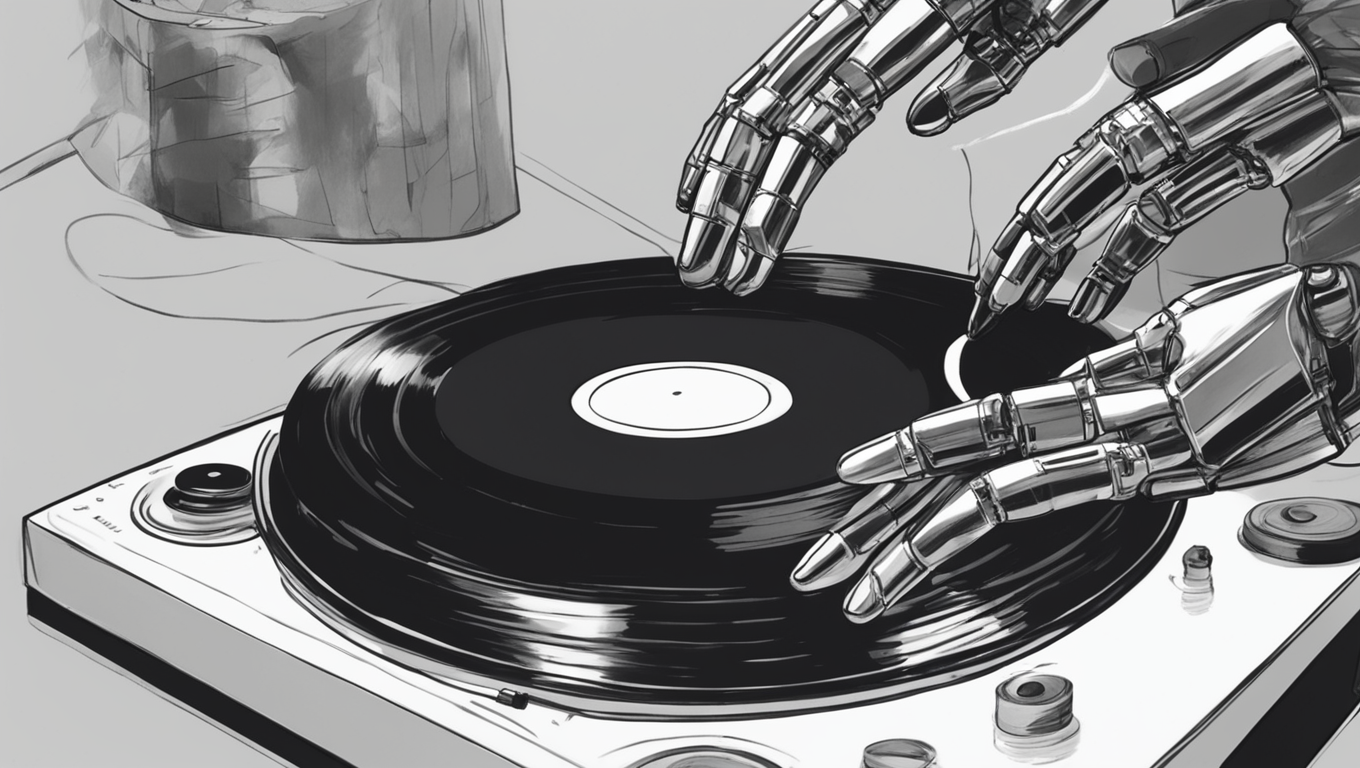Sony Music Group Warns AI Developers: Respect Artist Rights in the Use of Music
In a move to protect artist rights, Sony Music Group has sent letters to 700 artificial intelligence developers and music streaming services, cautioning them against using its artists' music without permission. As one of the largest recorded music companies globally, Sony Music Group is taking a stand against the unauthorized use of its content for training or developing AI models.
The warning applies to various forms of AI training, including text or data mining and web scraping related to lyrics, audio recordings, artwork, musical compositions, and images. Prominent artists under the Sony Music Group umbrella include Celine Dion, Doja Cat, and Harry Styles.
Sony Music Group expressed its support for artists and songwriters who embrace new technologies to enhance their craft. However, the company emphasized that innovation should not come at the expense of respecting the rights of songwriters and recording artists, including copyrights.
Among the recipients of Sony Music Group’s letters are OpenAI, the creator of the San Francisco-based ChatGPT, and Google, the Mountain View-based search giant. The entertainment industry has been grappling with the rapid advancements in AI technology, prompting concerns from writers and actors who worry about the potential threat to their livelihoods. On the other hand, some creatives have embraced the possibilities that AI offers, particularly for achieving ambitious ideas with limited resources.
AI technology has shown remarkable potential in the entertainment industry. OpenAI recently unveiled Sora, a text-to-video tool that helped create a four-minute music video for Washed Out. The director praised Sora for enabling the depiction of multiple locations and visual effects that would have otherwise been impossible. However, AI also has the capacity to create chaos, as seen with the emergence of “deep fakes,” which are false videos or audio recordings portraying celebrities endorsing products or activities.
To safeguard the interests of their clients, talent agencies like Creative Artists Agency have begun assisting artists in creating their own digital doubles, protecting against unauthorized use of their voices and likenesses. In a recent development, two voice-over actors from New York filed a lawsuit against Lovo, an AI voice generator company based in Berkeley, for the unauthorized use of their voices.
Transparency regarding the training methods and copyright permissions is a concern for many in the entertainment industry. OpenAI has stated that its large language models, including ChatGPT, are developed using publicly available information, material obtained through licenses, and input from human trainers. OpenAI believes that training on publicly available materials qualifies as “fair use.” However, media outlets like the New York Times have sued the company, expressing concerns about how their stories are being utilized.
Sony Music Group’s letters to AI businesses indicate that the company suspects its content may have been improperly used to train or commercialize AI systems without permission. In these letters, Sony Music Group requests information from tech companies about the use of their content and the necessity of such usage.
Sony Music Group, which is owned by Sony Corp., a Tokyo-based electronics giant, is also urging music streaming providers to include language in their terms of service that prohibits third parties from mining and training using Sony Music Group’s content.
The letters sent by Sony Music Group are a clear statement that artists' rights must be respected in the evolving landscape of AI technology. As AI continues to advance at a rapid pace, the balance between innovation and protecting creative rights becomes increasingly critical.





Use the share button below if you liked it.